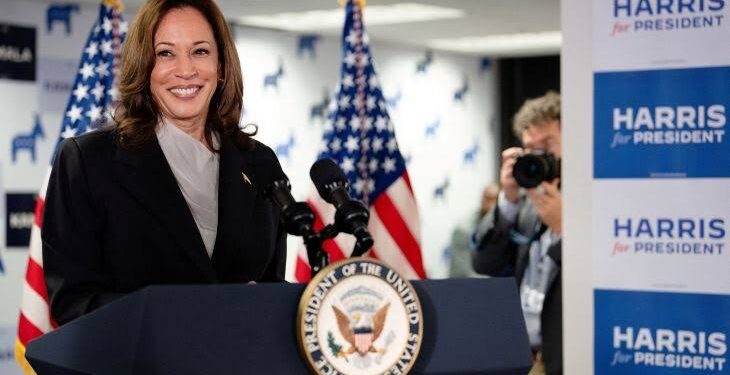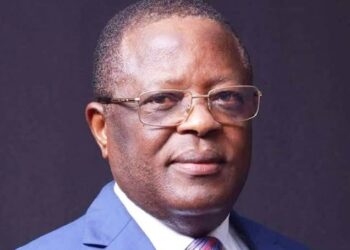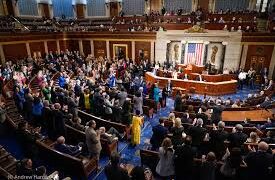Vice President of the United States, Kamala Harris has expressed her anticipation and readiness to formally accept the Democratic Party’s nomination. She also strongly advocated against the possibility of a second presidency for Donald Trump.
Following President Joe Biden’s endorsement and his decision to withdraw from the 2024 presidential race, Harris spoke shortly after securing the support of enough Democratic delegates to solidify her position as the party’s nominee.
“I am deeply honored to have garnered the broad support needed to become our party’s nominee. As a proud Californian, I am especially grateful to the delegates from my home state whose contributions were pivotal in achieving this milestone,” Harris remarked.
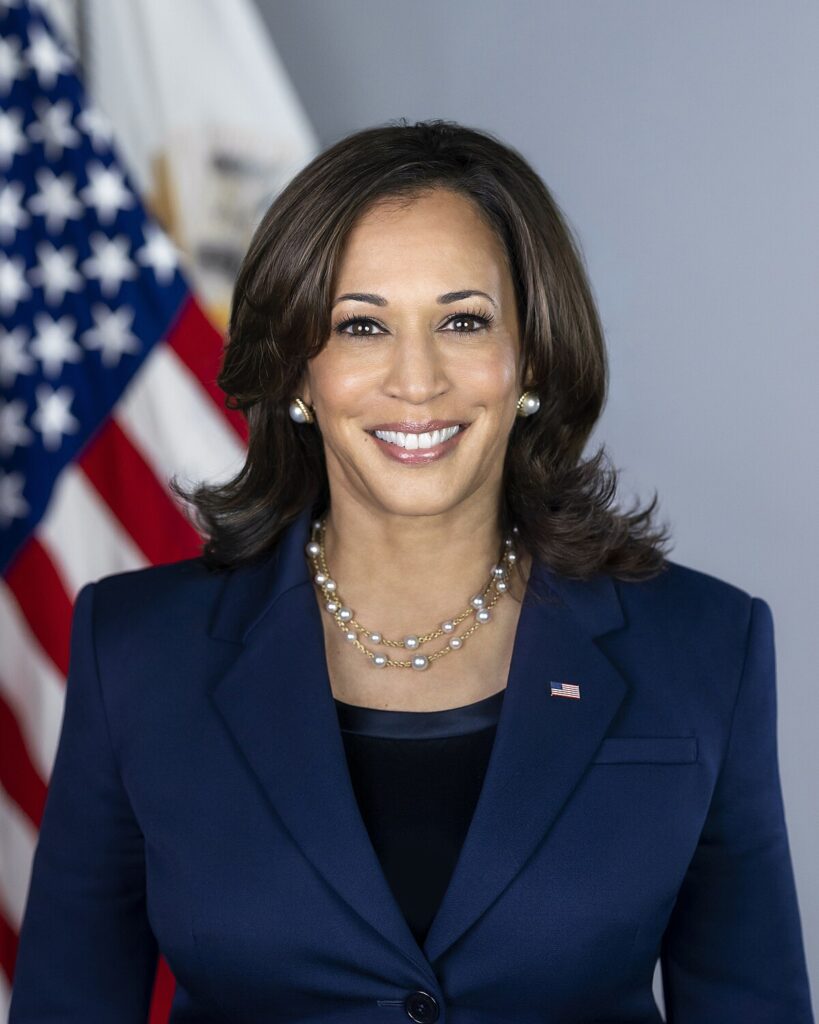
Harris underscored her concerns about the potential consequences of another Trump administration, emphasizing her commitment to a future that upholds and strengthens democratic values, protects reproductive rights, and ensures equitable opportunities for all Americans.
“Donald Trump’s agenda threatens to roll back the progress we’ve made toward achieving full freedoms and equal rights for everyone,” Harris stated emphatically. “I believe in a future where our democracy is fortified, where reproductive freedom is safeguarded, and where every person has not just the chance to survive but to thrive.”
The process leading to Harris securing the nomination was swift, taking only 32 hours from Biden’s announcement of his withdrawal from the race to her gathering sufficient delegate support.
This development marks a significant milestone in Harris’s political career. Born in Oakland, California, Harris has a long history of public service. She served as California’s Attorney General and later as a United States Senator before becoming the first woman, the first African-American, and the first Asian-American Vice President of the United States.
Throughout her career, Harris has been a vocal advocate for social justice, economic equality, and healthcare reform. Her candidacy for the Democratic nomination reflects a broader push within the party for inclusivity and progressive policies.
Harris’s nomination also comes at a critical juncture in American politics. With increasing polarization and societal challenges, her campaign aims to unify the country and address pressing issues such as healthcare access, climate change, and economic disparity.
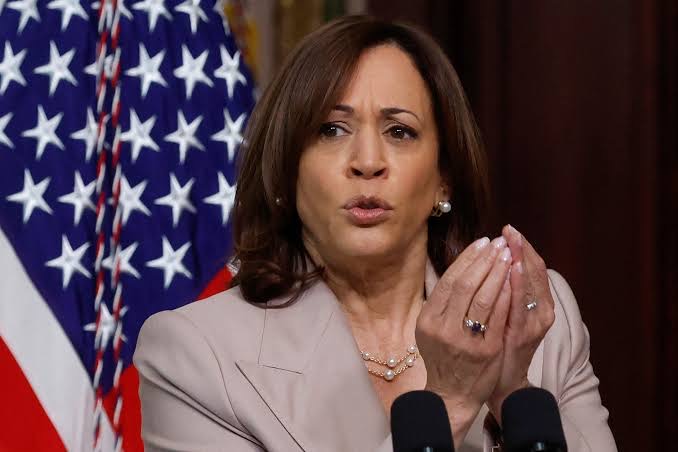
The support Harris received from Democratic delegates underscores her broad appeal within the party. Her message resonates strongly with voters concerned about civil rights, gender equality, and the protection of marginalized communities.
Looking ahead to the general election, Harris faces the challenge of uniting Democrats and appealing to independent and moderate voters across the country. Her campaign will likely focus on contrasting her vision for America with the policies and leadership style of potential Republican candidates.
Critics argue that Harris’s policies lean too far left, while supporters view her as a champion for progressive causes and a voice of reason in turbulent political times.
In response to criticisms, Harris has emphasized her commitment to pragmatic solutions and bipartisan cooperation. She has worked closely with colleagues from both parties on issues such as criminal justice reform, immigration policy, and infrastructure investment.
As Harris prepares to accept the Democratic nomination formally, she is expected to outline her policy agenda in greater detail. Key priorities for her campaign include expanding access to healthcare, investing in education and workforce development, and advancing environmental sustainability. Harris’s nomination has drawn both praise and scrutiny from political analysts and the media. Some see her as a trailblazer whose candidacy represents a historic opportunity for diversity and representation in American politics. Others question her ability to appeal to a broad spectrum of voters and navigate the complexities of a national campaign.
Kamala Harris’s journey to securing the Democratic nomination reflects her resilience, political acumen, and commitment to advancing progressive values. As she prepares to lead the party into the general election, Harris faces challenges but also opportunities to shape the future direction of the United States.


